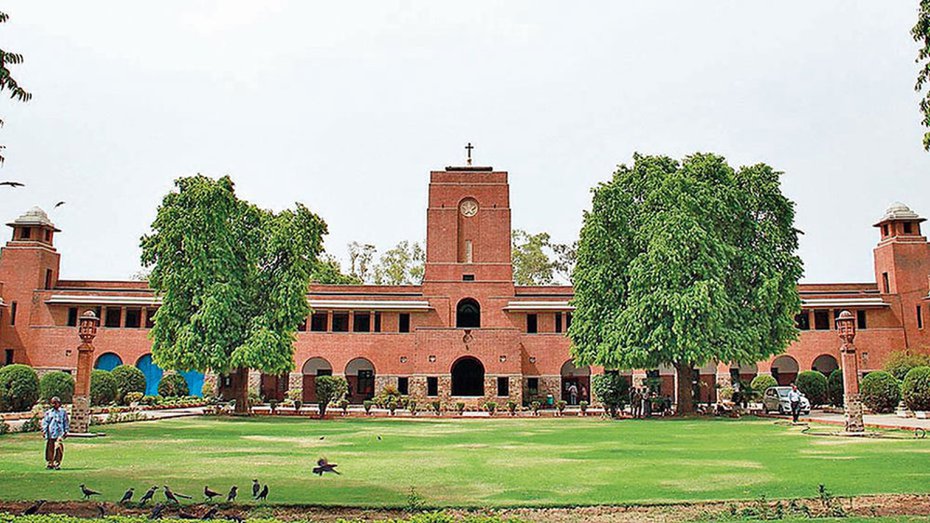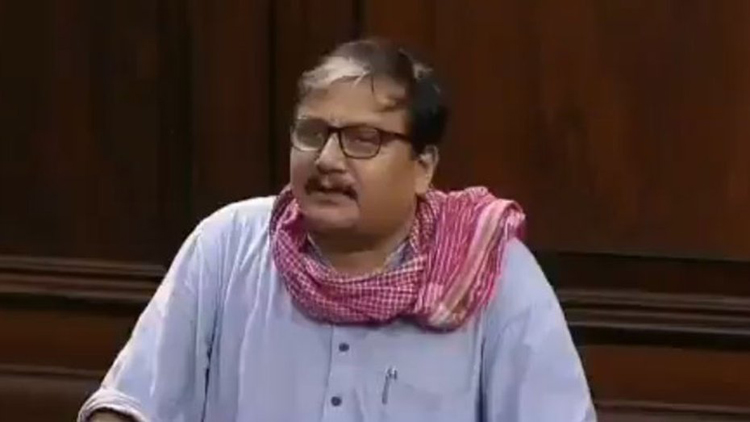The sentimental association of poverty with teaching has long been dissolved. Teaching may be a noble profession, but there is no need to be poor to prove it. Not that teaching figures among the highest paid professions in any society. That does not mean, however, that the best or the highest achieving teachers should not be in demand or be rewarded with higher pay. This is the logic behind Delhi University’s wish to introduce a differential pay structure in order to attract outstanding teachers from all over the world. The idea has been suggested by the goals set in the government’s scheme for institutions of eminence. Delhi University was given IoE status in 2019. The scheme, which gives 10 public and 10 private higher education institutions this recognition, is aimed at creating centres of excellence in teaching and research that will rank high in any global grading system. Excellence of faculty would be fundamental to such a project; hence the need for globally competitive salaries.
State-funded or public institutions of higher education, as Delhi University is, have fixed pay scales whereby teachers of the same rank, say assistant professors or professors, have the same pay grade. Private universities, however, enjoy greater autonomy in this. They are able to attract the best talents, which skews the balance in the race to the top. Delhi University’s wish to introduce differential pay must be seen in this context. Theoretically, it would be a positive step, alluring the best teachers to the university on the one hand and encouraging competition among existing teachers on the other. But its implementation may not be smooth. Since a fixed pay scale already exists, a new system of differential pay may cause resentment, as though teachers of the same rank are being divided into two classes. It might help to revamp the entire system instead of imposing the differential pay scale from the top. No doubt the university has some of the most qualified teachers. Everyone should have the benefit of differential pay on the basis of transparent principles. But that would also mean the government’s cooperation — more autonomy for the university and less red tape. The government cannot sit back after introducing the IoE scheme and expect transformations to happen by magic.













